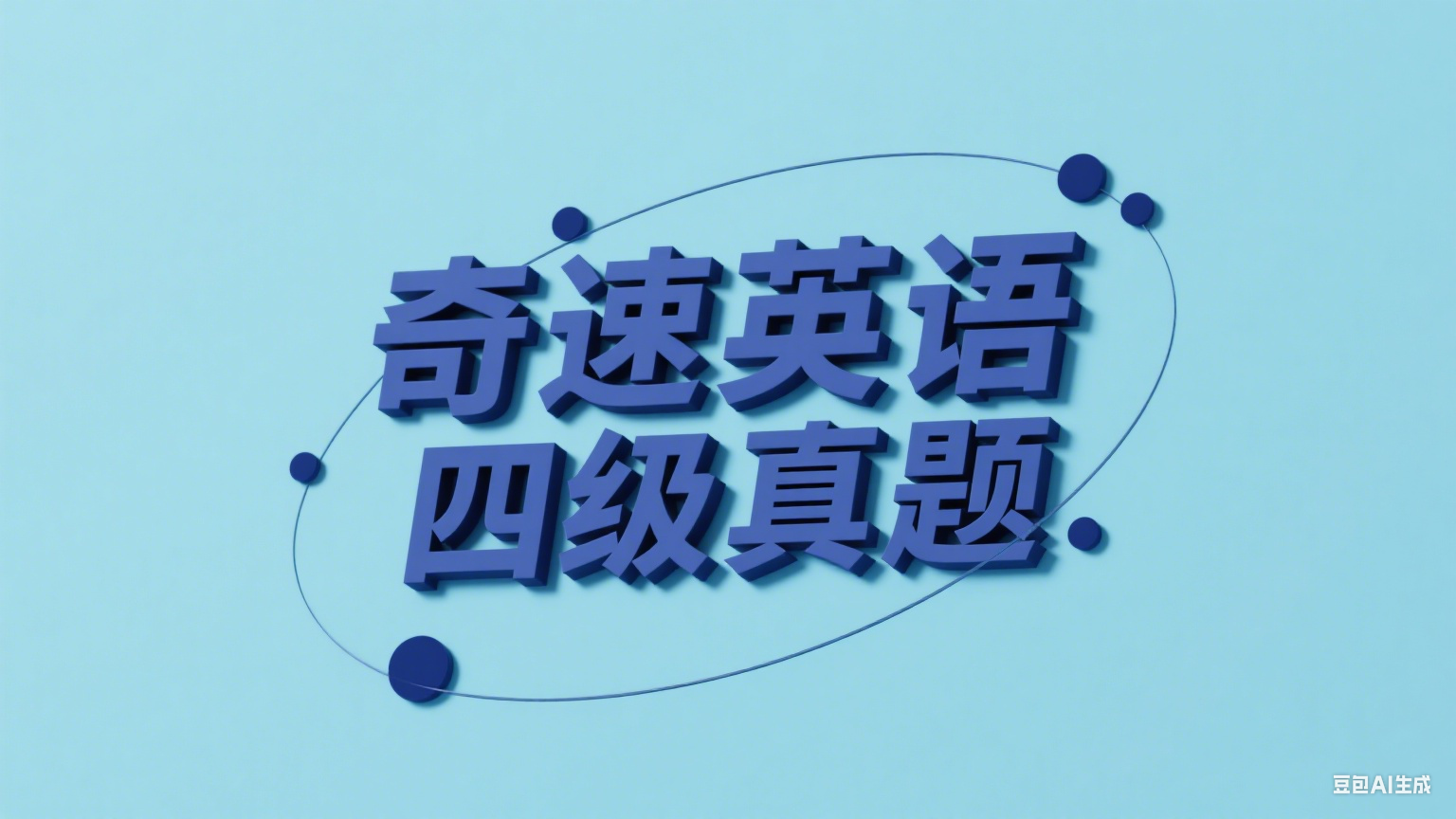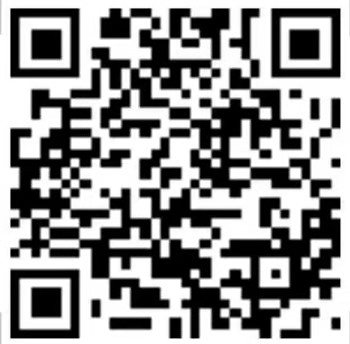
One of my bad habits is saying "busy"when people ask me how I'm doing.Sometimes it's because I actually am busy,but other times it's because that's what I think I'm supposed to say.That's what important people say.That's what people who get promoted say.But working long hours doesn't drive better results. Never taking a vacation won't lead to a promotion.So why are we so proud to talk about how busy we are all the time?
In 2016,researchers from Columbia,Harvard, and Georgetown conducted a study to figure it out. They found busy people are perceived to be of high status,and interestingly,these status attributions are heavily influenced by our own beliefs about social mobility. In other words,the more we believe that one has the opportunity for success based on hard work,the more we tend to think that people who skip leisure and work all the time are of higher standing.
That's why we feel like we have to appear busy,and there's a real perception that if someone is knee-deep in meetings,emails,and stress,then they're probably a big deal.This culture of busyness is making it hard for employees to find work-life balance.According to a recent study,one in five highly engaged employees is at risk of burnout (精疲力竭).
Personally, I'm going to stop saying "busy"when people ask me how I am.It sounds selfrighteous (自以 为是的)and sets the wrong tone.Phrases like "I have limited access to email"and "T'l respond as soon as I get back”sound like you're being held against your will from working as opposed to making the most of your time off.
That's why we recently launched the Out of Office Email Generator,a free tool you can use before your next long weekend or tip.You can share loud and proud that you won't be checking email until you're back. Managers need to think twice about emailing their teams on the weekend and talking about how busy they are. Leaders should take time off themselves and encourage employees to do the same.
